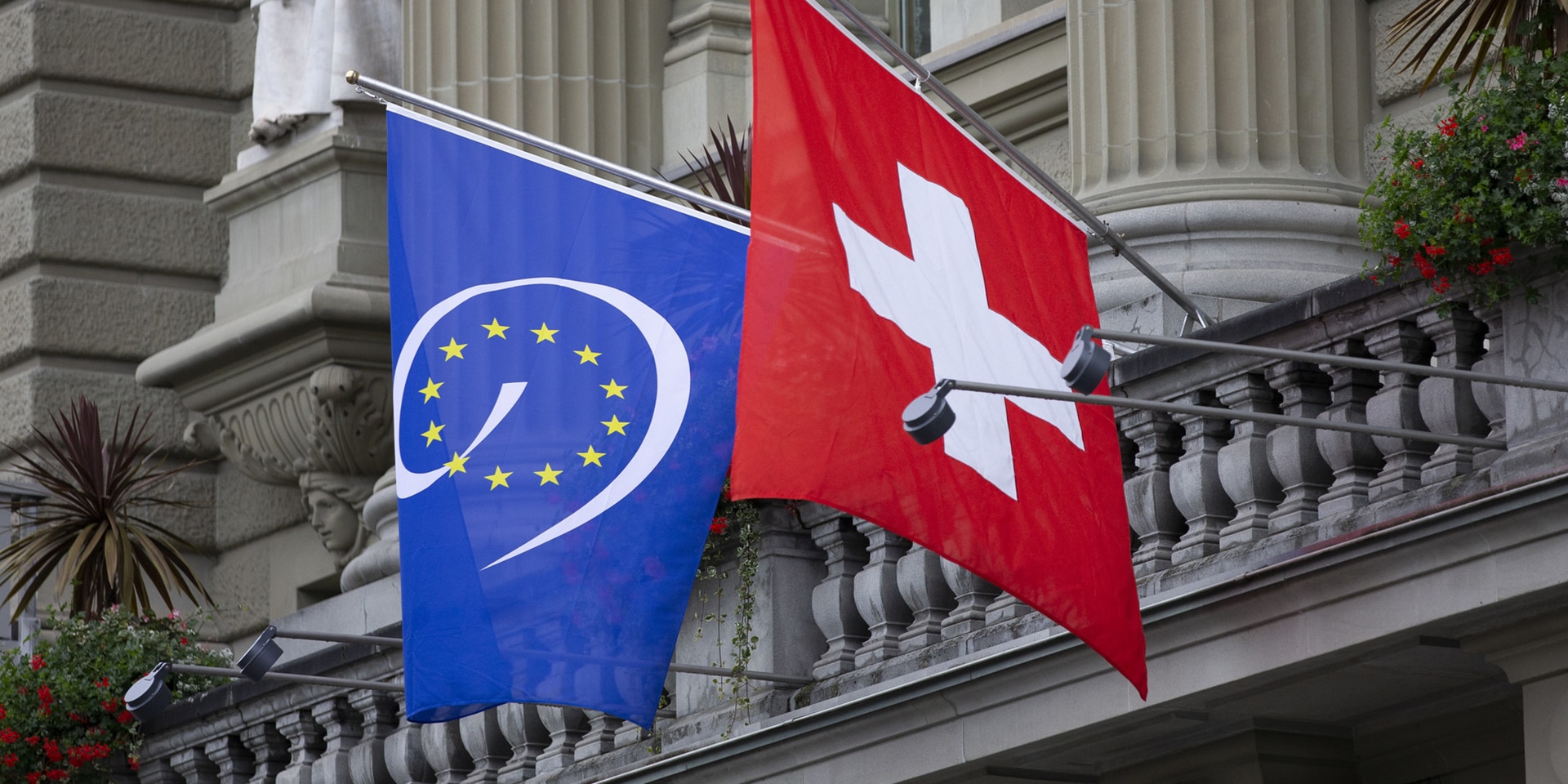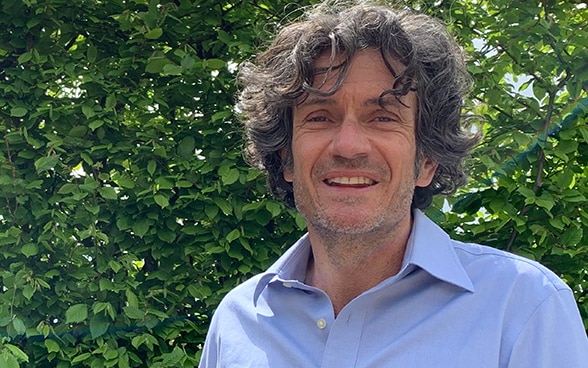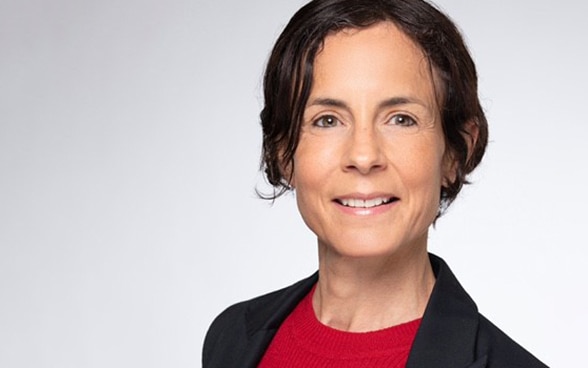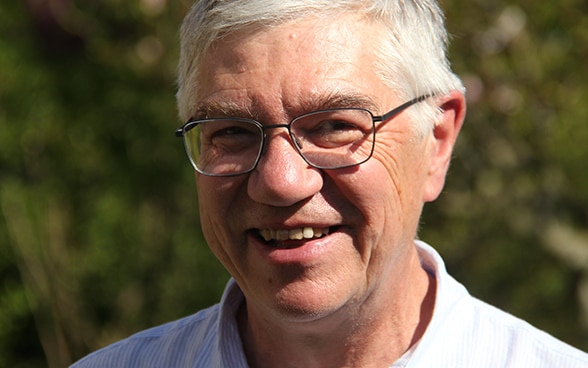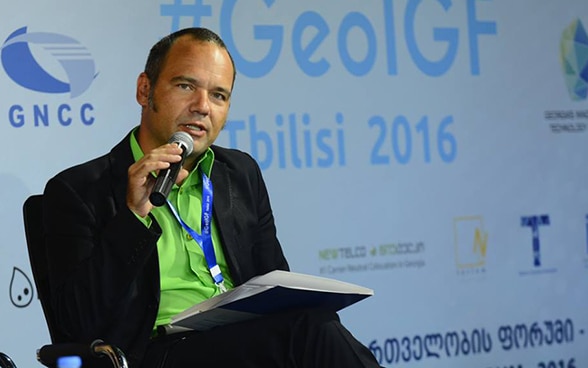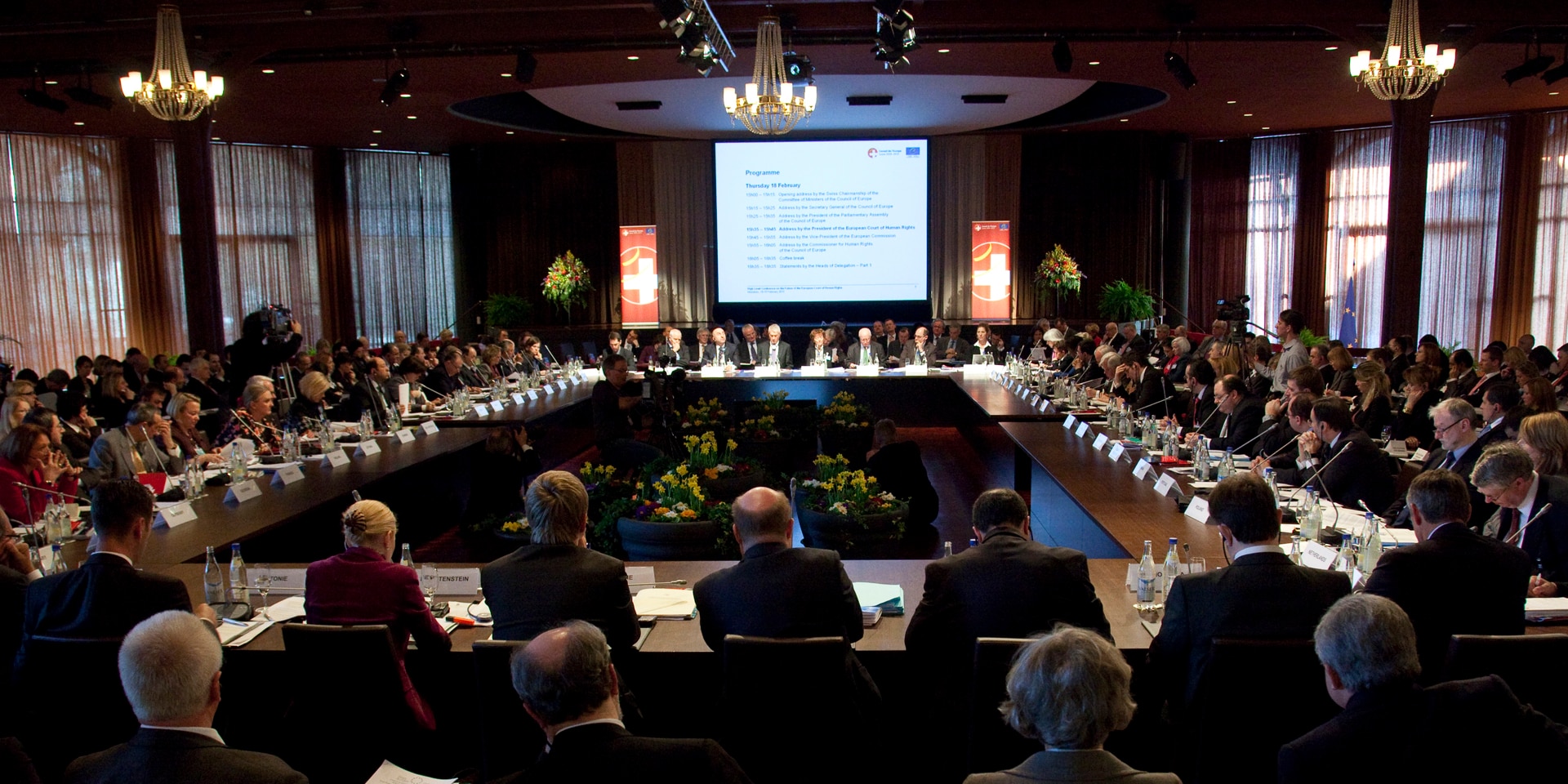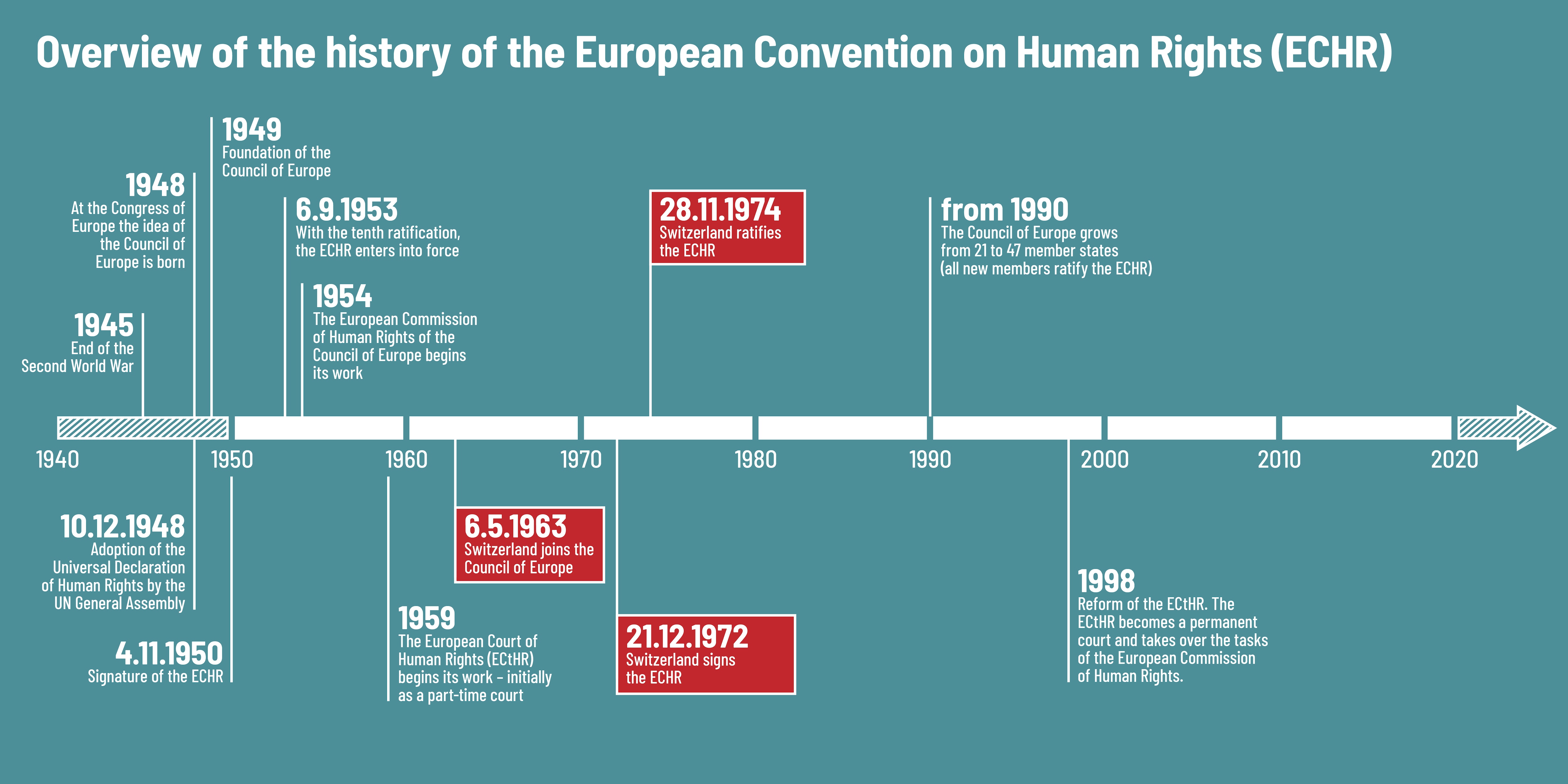Budapest Convention: cooperation across borders
Cybercriminals use computers or IP addresses located abroad. "Swiss criminal proceedings against cybercriminals can only bring the perpetrators to justice if our authorities receive the computer data they need from abroad to investigate cases as fully as possible," explains Candrian.
The Council of Europe's Convention on Cybercrime, known as the Budapest Convention, has therefore become the most important multilateral treaty worldwide in the fight against cybercrime. "In this context, I think it's important that non-European states can also join the Convention so that it can serve as a basis for speedy cooperation with the US, Canada, Japan, Australia and other major players. The Convention is a good example of the important role the Council of Europe can also play beyond its borders in preventing and punishing crime, and in strengthening cooperation and trust between states," adds Candrian.

